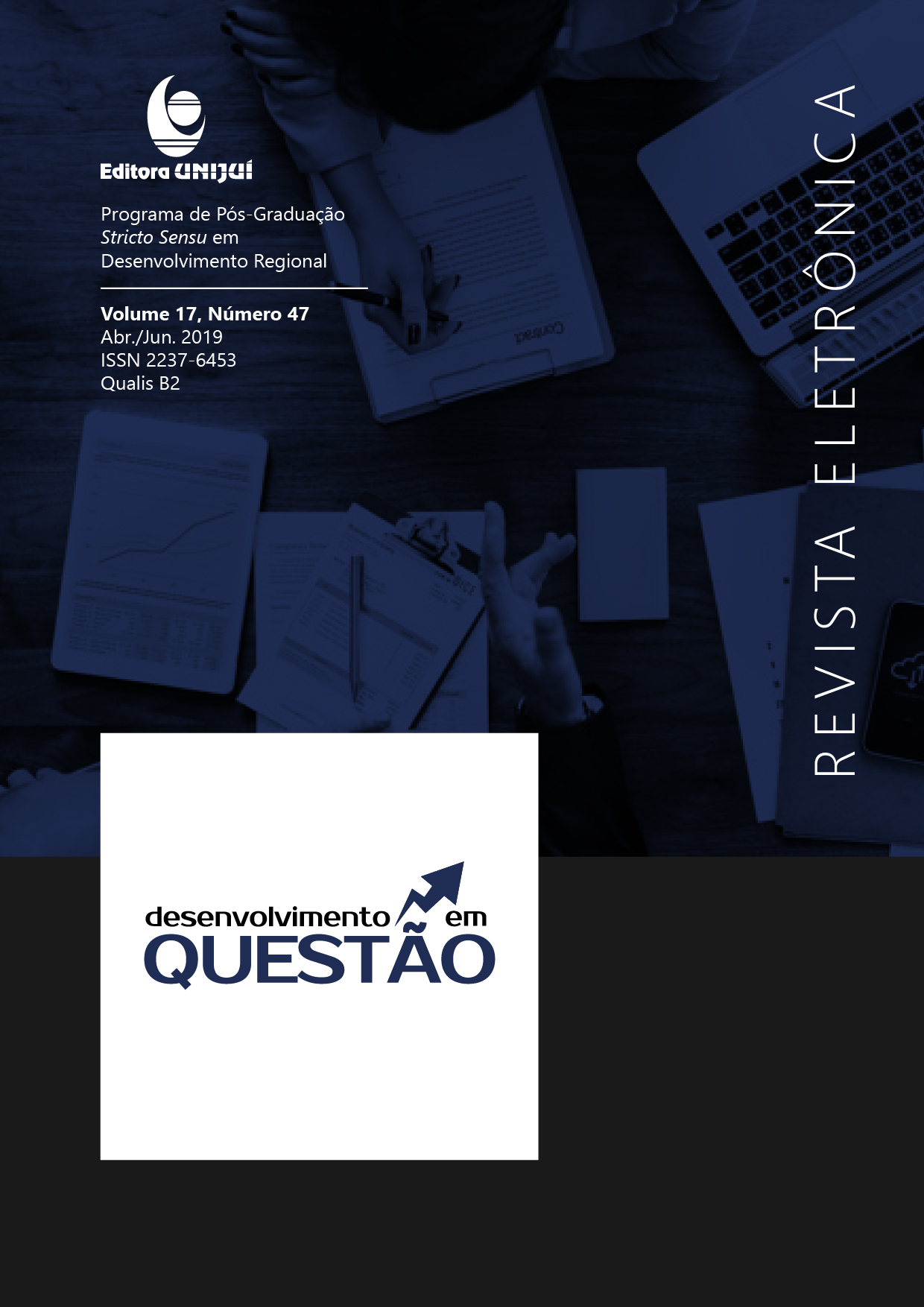Design Thinking e Abordagem das Capacitações: uma Proposta de Integração
DOI:
https://doi.org/10.21527/2237-6453.2019.47.46-61Palavras-chave:
Design Thinking, Abordagem das Capacitações, Problemas complexos., Desenvolvimento, Problemas complexosResumo
Em um planeta que enfrenta cada vez mais desafios, a busca pela qualidade de vida é uma constante em distintas culturas, etnias, classes sociais. As pessoas desejam ter a oportunidade de viver a vida que, para elas, é significativa, a partir da liberdade de escolha frente às opções que lhes apresentem maior valor, princípios centrais da abordagem das capacitações. Ao mesmo tempo, para que isso seja possível, muitos problemas complexos precisam ser sanados, e apresenta-se como uma alternativa o design thinking. Conceitualmente, o design thinking pode ser compreendido como uma abordagem iterativa e centrada no ser humano para a resolução de problemas. Assim, este ensaio teórico tem por objetivo refletir sobre a possibilidade de integração da abordagem das capacitações com a abordagem do design thinking visando configurar, a partir da referida integração, uma estratégia para o desenvolvimento e consequente aumento do bem estar social na resolução dos problemas complexos atuais. As conclusões demonstram que esta integração pode ser uma forma de contribuir com o alargamento das liberdades substantivas individuais das pessoas, e na solução dos desafios e problemas complexos enfrentados pelas nações, por meio da utilização dos processos e valores do design thinking.
Downloads
Publicado
Como Citar
Edição
Seção
Licença
Ao publicar na Revista Desenvolvimento em Questão, os autores concordam com os seguintes termos:
Os trabalhos seguem a licença Creative Commons Atribuição 4.0 Internacional (CC BY 4.0), que permite:
Compartilhar — copiar e redistribuir o material em qualquer meio ou formato;
Adaptar — remixar, transformar e criar a partir do material para qualquer fim, inclusive comercial.
Essas permissões são irrevogáveis, desde que respeitados os seguintes termos:
Atribuição — Atribuição — os autores devem ser devidamente creditados, com link para a licença e indicação de eventuais alterações realizadas.
Sem restrições adicionais — não podem ser aplicadas condições legais ou tecnológicas que restrinjam o uso permitido pela licença.
Avisos:
A licença não se aplica a elementos em domínio público ou cobertos por exceções legais.
A licença não garante todos os direitos necessários para usos específicos (ex.: direitos de imagem, privacidade ou morais).
A revista não se responsabiliza pelas opiniões expressas nos artigos, que são de exclusiva responsabilidade dos autores. O Editor, com o apoio do Comitê Editorial, reserva-se o direito de sugerir ou solicitar modificações quando necessário.
Somente serão aceitos artigos científicos originais, com resultados de pesquisas de interesse que não tenham sido publicados nem submetidos simultaneamente a outro periódico com o mesmo objetivo.
A menção a marcas comerciais ou produtos específicos destina-se apenas à identificação, sem qualquer vínculo promocional por parte dos autores ou da revista.
Contrato de Licença (para artigos publicados a partir de 2025): Os autores mantêm os direitos autorais sobre seu artigo, e concedem a Revista Desenvolvimento em Questão o direito de primeira publicação.











